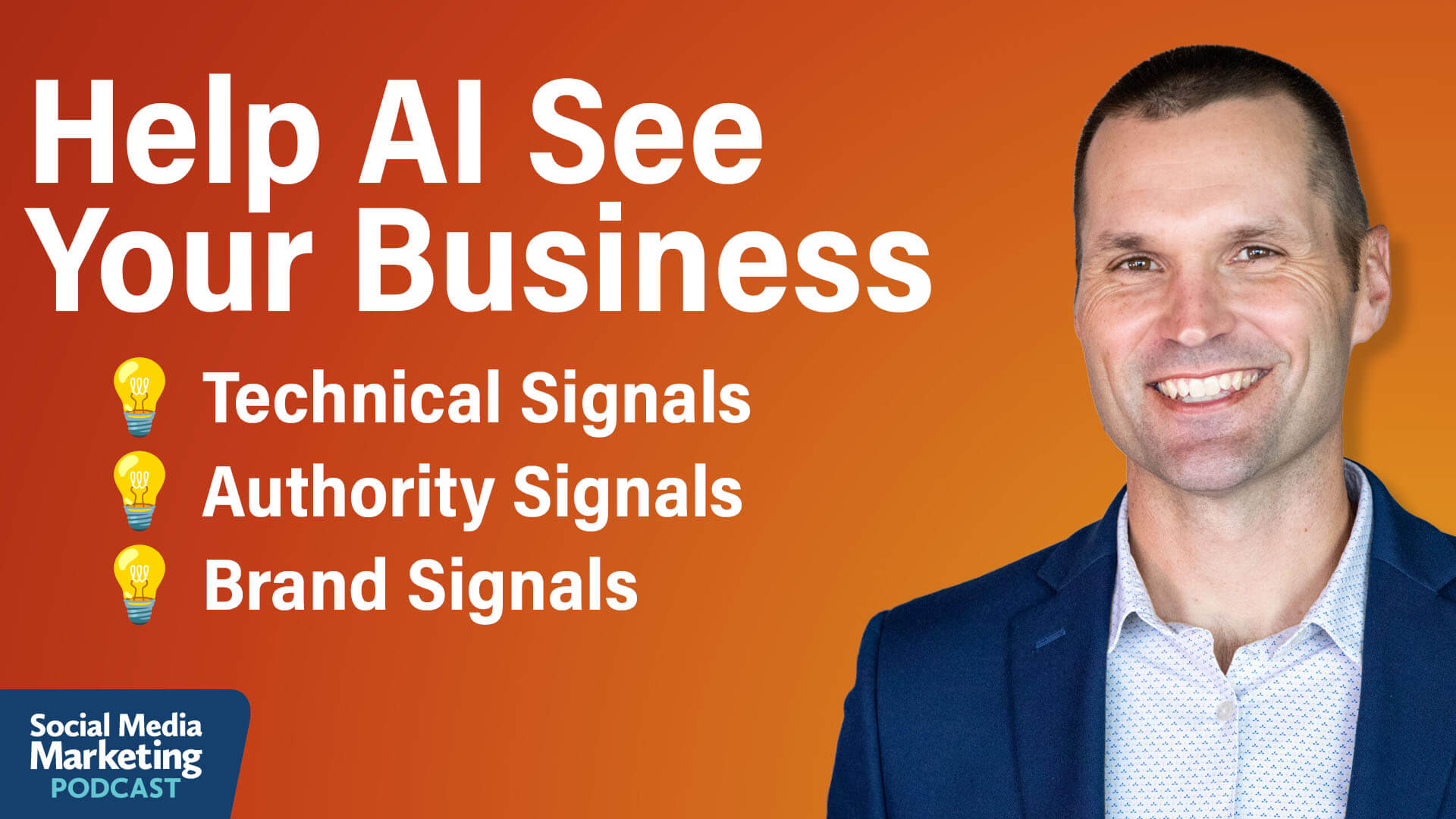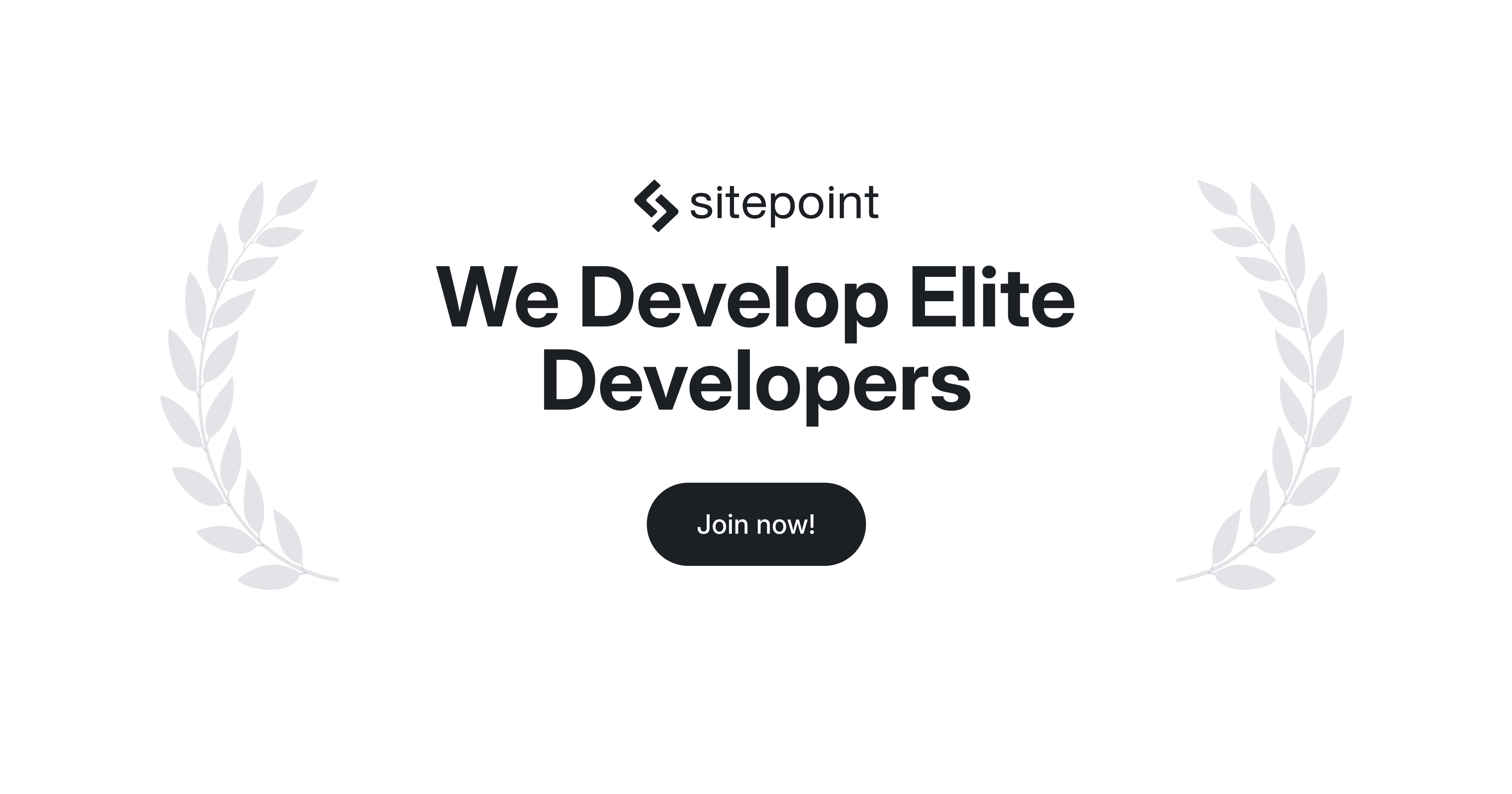#seo
#seo
[ follow ]
#content-strategy #ai-search #digital-marketing #google-search #geo #llms #generative-ai #aeo #search-intent
fromAdirondack Explorer
6 days agoExplorer job opening: Digital editor & audience engagement lead - Adirondack Explorer
The digital editor is responsible for the daily digital presence of Adirondack Explorer. This role ensures our journalism reaches the widest possible audience through savvy social media management, high-performing newsletters, and meticulous website oversight. You will be the primary bridge between our deep-dive reporting and our community of readers, donors and Adirondack enthusiasts. Primary responsibilities 1. Social media & community management
Social media marketing
fromSocial Media Explorer
1 week agoSEO Services in Dubai UAE: How a Dubai SEO Agency Helps Businesses Grow Online - Social Media Explorer
In today's digital-first economy, visibility on search engines is no longer optional, it's essential. Businesses operating in Dubai, one of the most competitive commercial hubs in the world, must invest in strong online strategies to stand out. This is where SEO services in Dubai UAE play a critical role. Partnering with a professional Dubai SEO agency can help businesses attract qualified traffic, generate consistent leads, and build long-term brand authority.
Marketing
fromMiami Herald
1 week agoChatbots are the new influencers brands must woo
In late 2024, Stacy Simpson, the chief marketing officer of Athenahealth, a health care software and services provider, started asking artificial intelligence chatbots such as ChatGPT about her company. The results were not ideal. The chatbots did not know about some of Athenahealth's offerings and did not name the company as an option when asked. They pulled details from insidery software websites that had not been updated in years.
Marketing
Web development
fromSitePoint Forums | Web Development & Design Community
2 weeks agoOptimizing Immagini Buongiorno Bellissime Sabato Nuovissime Buongiorno Immagini Recenti for Web
Serve responsive, compressed WebP/AVIF images via CDN with lazy loading, proper alt text, and a build pipeline to preserve UX and SEO while minimizing LCP and FID.
fromThe Verge
2 weeks agoJeffrey Epstein's digital cleanup crew
In between hobnobbing with royalty and world leaders and abusing children and young women, Jeffrey Epstein appears to have been googling himself regularly. Across several batches of documents related to the convicted sex offender made public, we see Epstein shoot off emails to associates, complaining that his digital footprint includes factual information about his crimes. i want the google page cleaned ( November 5th, 2010) mike „ can you olcan up my wiki page ( April 18th, 2011) Any way to clean up my wiki page ( September 17th, 2013)
Science
fromMuse by Clios | Discover the latest creative marketing and advertising news. Muse by Clio is the premier news site covering creativity in advertising and beyond.
2 weeks agoZach Santarsiero of CannaPlanners: Cannabis Marketers Need Tighter Systems and More Reliable Data | Muse by Clios
Zach is the CMO and VP of digital marketing at CannaPlanners, where he leads a team powering SEO and digital growth for more than 150 dispensaries and 30 cannabis retailers nationwide. Zach honed his skills in the plumbing, HVAC and automotive industries, fields where success depends on mastering local search. We spent two minutes with Zach to learn more about his background, his creative inspirations and recent work he's admired.
Cannabis
fromSearch Engine Roundtable
2 weeks agoDaily Search Forum Recap: February 9, 2026
Here is a recap of what happened in the search forums today, through the eyes of the Search Engine Roundtable and other search forums on the web. Google AI Overviews is testing new contextual overlay link cards. Google's John Mueller gave advice on if a new website can beat and old website in SEO. Google's preferred sources deeplink feature is broken. Google Ads API developer token applications are delayed. And Reddit spoke about AI citations from Google and ChatGPT in its earnings call.
Artificial intelligence
fromNeil Patel
2 weeks agoAI Content Generation for SEO: Pros, Cons & How to Use It
But here's the thing: AI isn't a shortcut to rankings. Without the right prompts and a human touch, AI content can actually hurt your traffic. Google's recent updates and the rise of AI Overviews in search show just how important quality and clarity are. So no, AI-generated content isn't bad, but you need a strategy. Otherwise, it's just more noise.
Artificial intelligence
fromTech Times
3 weeks ago8 Website Monetization Methods Explained: Proven Ways to Make Money Online in 2026
Website monetization strategies have shifted in recent years, moving away from single-income tactics toward diversified revenue systems that protect sites from traffic swings and platform changes. Blogs, niche websites, and small e-commerce platforms now blend ads, affiliates, and owned products to build reliable income streams without hurting reader trust. Making money online approaches work best when they scale gradually, aligning traffic growth with monetization maturity rather than rushing every option at once.
Marketing
Online marketing
fromSearch Engine Roundtable
3 weeks agoDid Google Search Hit Self-Promotional Listicles In Recent Updates
Google's January search ranking volatility appears to penalize self-promotional listicles that position the publisher's product or agency first, causing significant ranking drops.
fromThe Drum
3 weeks agoFour steps to prepare your SEO strategy for voice search
Voice search doesn't change people's need to search, but what does change is our need to pay attention to our audience's requirements and adapt our strategies to account for more than just 'money keywords'. The challenge that voice search throws at us is the advent of the single default answer. It's 'I'm Feeling Lucky' but on a wide, landscape-changing scale.
Marketing
fromSitePoint Forums | Web Development & Design Community
3 weeks agoI'm a website freelance builder, how to waste less effort in manual check if feature work
Just learn to vibe code recently, last week I manage to make a small e-com website for pet shop. After adding tons of new product onto website, I notice my vibe agent been shovel out more error. Whenever I fix one things, my vibe gave out like 3 new bugs. I feel exhausted have to manually checking everything and test this check out button working or not.
E-Commerce
UX design
fromSitePoint Forums | Web Development & Design Community
3 weeks agoMade-up brand names vs real words: which work better for web projects?
Made-up brand names simplify domain availability, search intent control, and consistent branding, while real dictionary words feel more intuitive for users.
fromSearch Engine Roundtable
3 weeks agoGoogle Says Don't Spend Too Much Time On Redirects Analysis For SEO
There are a bunch of browser extensions that do this already (eg Redirect Path from Ayima is one I see a lot in screenshots, and CSP is very different from redirects, so I don't understand the connection). I don't recall a time when I ran into something like this causing SEO issues which weren't also visible to average users in their browsers.
Web development
fromThe Drum
3 weeks agoRoll of honour: Grand Prix winners at The Drum Awards
Strategy and creativity are celebrated in equal measures at The Drum Awards. Across the board, there are plenty of examples of fantastic and innovative work produced by agencies, brands and individuals each year. But what makes a winner? How do you shout from the rooftops that your campaigns are brilliant? At The Drum, there are 22 awards that celebrate the finest work produced globally. Following are seven examples of the best of the best of The Drum Awards 2017 winners.
Marketing
fromThedrum
3 weeks agoREBEL - Profile | The Drum
We're 100% independent, answerable to no one, and always free to do what's right. REBEL digital marketing agency was born in August 2018 with a dream of inspiring others to think consciously about the way they do business. Our mission is to embody our REBEL spirit, with a people-before-profit mentality, driving a new era of ethical and transparent digital marketing. We thrive to humanise digital marketing; overthrowing the corruption and politics that came before and replacing them with ethics, transparency & compassion.
Marketing
fromThe Berkshire Eagle
4 weeks agoDaren Ng Highlights Contemporary SEO Practices Designed to Support Sustainable Digital Visibility
Daren Ng's current analysis underscores that contemporary SEO is no longer defined by isolated technical adjustments or keyword-centric execution. Instead, it has become an interconnected system where technical foundations, content relevance, user experience, and credibility signals collectively influence how digital properties are discovered and evaluated. This shift, according to Daren Ng, has reshaped the responsibilities of SEO practitioners, requiring broader strategic awareness and greater attention to long-term outcomes.
Marketing tech
Marketing tech
fromBootstrap Creative
4 years agoHubSpot Landing Pages vs. Website Pages: 5 Key Differences
Use Landing Pages for conversion-focused, navigation-free pages excluded from sitemaps by default; use Website Pages for informational pages with global navigation and automatic sitemap inclusion.
fromNeil Patel
2 months agoWhat Is LLMs.txt? & Do You Need One?
Most site owners don't realize how much of their content large language models (LLMs) already gather. ChatGPT, Claude, and Gemini pull from publicly available pages unless you tell them otherwise. That's where LLMs.txt for SEO comes into the picture.LLMs.txt gives you a straightforward way to tell AI crawlers how your content can be used. It doesn't change rankings, but it adds a layer of control over model training, something that wasn't available before.
Artificial intelligence
Online marketing
fromSitePoint Forums | Web Development & Design Community
1 month agoI Believe AnyNameGen.com Is Useful - But How Can I Improve Its Search Engine Ranking?
Improve AnyNameGen.com's organic search by aligning features with user search intent, creating supporting content, building authority, and iterating strategy based on data.
fromThe Drum
1 month agoHow to build the perfect marketing strategy for your clients
With digital trends accelerating, it's more important than ever that marketers know how to build strong, data-driven marketing strategies. Data-driven marketing is a type of marketing strategy that is based on using consumer information to develop and optimize marketing campaigns and messaging. It is extremely impactful because marketing efforts are based on online trends and are specifically tailored to the organization's target audience.
Marketing
fromPractical Ecommerce
1 month agoGoogle's Core Updates, Explained
Google changes its algorithm frequently. Some are more widespread than others. Unlike Spam Updates, Core Updates generally do not penalize but, instead, alter how the algorithm treats certain queries and their intent. For example, a Core Update may result in more "best of" listings (rather than product categories) in search results. Ecommerce sites may lose traffic, but not because of anything they've done, so no fix is required.
Marketing tech
fromForbes
1 month agoFrom Content Exclusivity To Syndication: A B2B Play For Growth
Moving from exclusivity to syndication isn't just a tactical move. It's a smarter, more flexible way to grow in a crowded digital world. A few years ago, exclusivity meant success. However, today, audiences have an abundance of choices. Growth now depends on the value you deliver, how far your message travels and how relevant your content feels, not on keeping content locked in one place.
Growth hacking
fromHubspot
1 month agoWhat is Answer Engine Optimization (AEO) and how does it change SEO?
If you're familiar with the world of SEO, I probably don't have to tell you there's been a serious shift in its landscape. Marketers are no longer just optimizing content for Google's traditional blue links; we're now optimizing for AI. The shift is called Answer Engine Optimization, or AEO. Some practitioners also refer to it as AI engine optimization, and both terms are used interchangeably. But what does it mean to optimize your content for AI engines? I'll explain.
Marketing
fromSouthern Living
1 month agoJenna Sims, Senior Digital Editor
Jenna is a Senior Digital Editor at Southern Living. She has worked on the digital team for nearly 10 years. She joined the team as a Digital Production Assistant in 2014 and has helped the brand grow its digital presence ever since. She writes, produces, and assigns content with a focus on email growth. She also ensures that new content is optimized using SEO best practices and helps use search potential to pitch new content ideas.
Digital life
Tech industry
fromTheStreet Crypto: Bitcoin and cryptocurrency news, advice, analysis and more
1 month agoExclusive: yMedia founder says Google's AI crackdown squeezes crypto media
Google's July 2025 updates require higher expertise and trustworthiness for indexing, prioritize YMYL content, and enable AI Overviews that reduce publisher organic traffic.
[ Load more ]




















